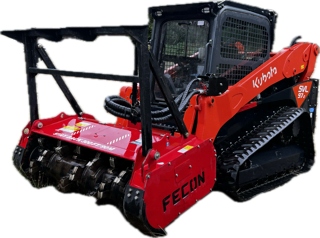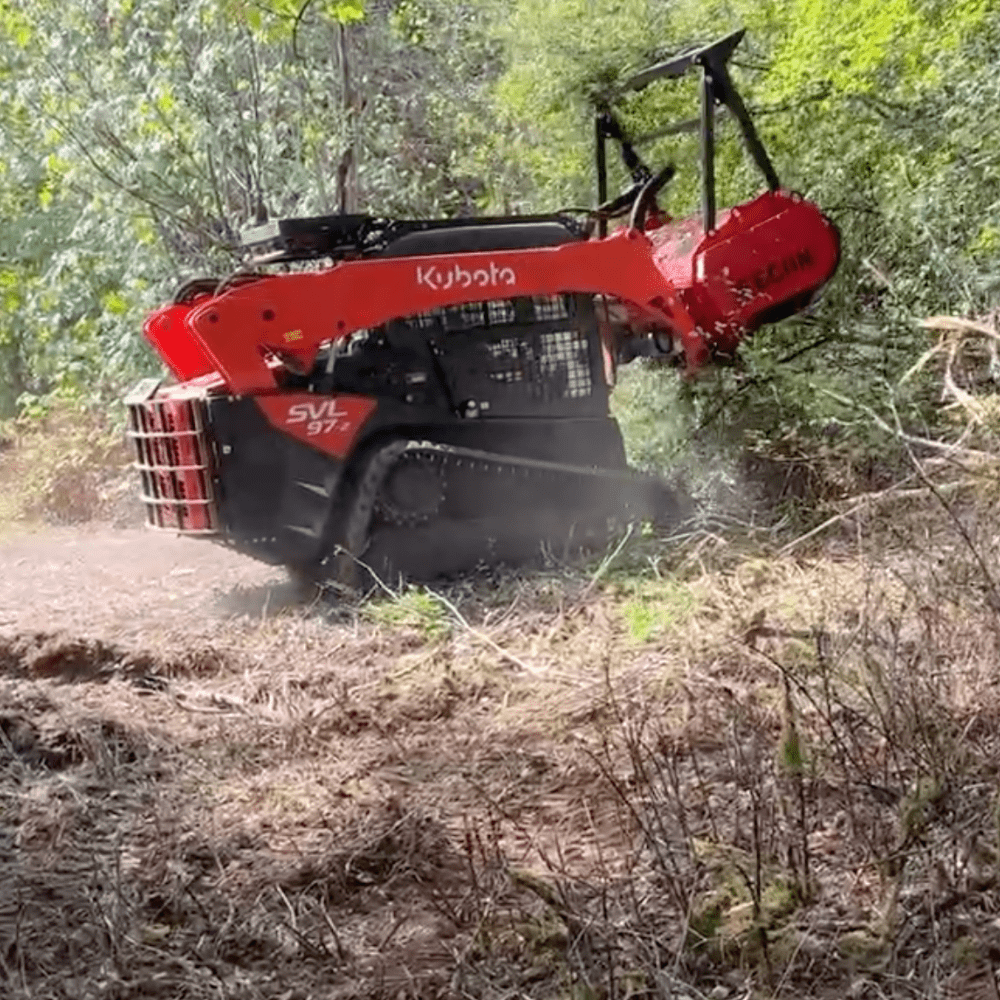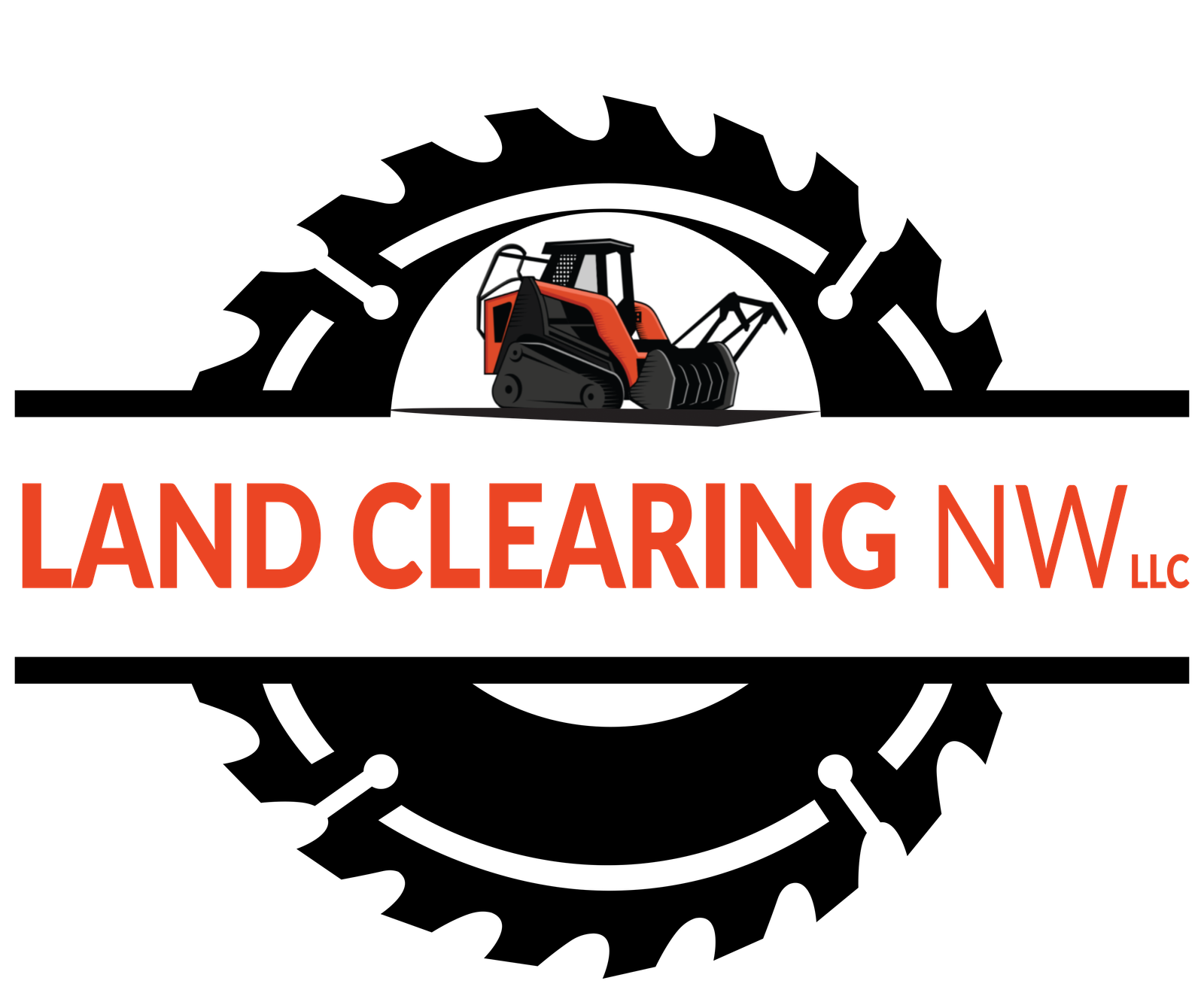Field/pasture restoration in Ridgefield WA

Get a free estimate

Services
Field/pasture restoration in Ridgefield WA
Field Pasture Restoration: Expert Guide for Ridgefield, WA in 2024
Introduction
Field pasture restoration is a critical process that involves rejuvenating land that has been overused or neglected, to bring it back to a healthy and productive state. Using various techniques, the vegetation and soil structure are improved, which leads to enhanced productivity and environmental benefits. In Ridgefield, WA, field pasture restoration is particularly significant due to the region’s agricultural heritage and dependence on well-maintained pastures for livestock farming. For expert field pasture restoration services, check out Land Clearing NW’s services page.
Top Field Pasture Restoration Methods
1. Soil Testing and Amendments
The first step in effective field pasture restoration involves soil testing to determine the nutrient levels and pH. Based on the results, appropriate soil amendments such as lime or organic fertilizers are applied to improve soil health.
2. Reseeding and Planting Cover Crops
Reseeding pastures with appropriate grasses and legumes can significantly improve productivity. Cover crops are also planted to protect the soil from erosion, manage weeds, and enhance soil fertility.
3. Controlled Grazing
Implementing controlled or rotational grazing can prevent overgrazing, which can cause soil compaction and reduce plant growth. This practice ensures that different pasture sections are rested and rejuvenated periodically.
4. Erosion Control Measures
In Ridgefield, where rainfall can be heavy, preventing soil erosion is crucial. Techniques like creating buffer strips along water bodies, contour plowing, and using erosion control fabrics are highly effective.
5. Weed and Brush Management
Regular control of weeds and invasive species is vital for maintaining a healthy pasture. Mechanical methods like mowing or more advanced techniques such as forestry mulching can be used.
For additional practices and effectiveness comparisons, visit the Land Clearing NW service pages. An excellent external resource for these methods is the NRCS Conservation Practices.
Choosing the Best Field Pasture Restoration Provider
Qualifications to Look For
- Experience and Expertise: The provider should have extensive experience in field pasture restoration and a deep understanding of local soil and climate conditions.
- Certifications and Licenses: Ensure they have the necessary certifications and adhere to local regulations.
- Equipment and Technology: Modern and well-maintained equipment can make a significant difference in the quality and efficiency of the work.
Questions to Ask Providers
- What methods do you employ for soil testing and amendments?
- How do you manage invasive species and weeds?
- Can you provide case studies or references from similar projects?
Red Flags to Watch Out For
- Lack of proper certifications and licenses
- Non-transparent pricing
- Poor customer reviews or lack of references
For more on what to look for and the services offered, visit the Land Clearing NW About Us page. Additionally, the National Association of Landscape Professionals offers useful guidelines for selecting service providers.
Field Pasture Restoration Costs
Average Prices in Ridgefield, WA
The cost of field pasture restoration can vary widely based on factors such as the size of the pasture, current condition, and specific services needed. On average, costs can range from $500 to $2,500 per acre.
Factors Affecting Cost
- Soil Condition: Poor soil may require more amendments and remediation.
- Extent of Weed Infestation: Higher levels of infestation will increase the cost.
- Equipment Required: Specialized equipment for erosion control and reseeding can add to the expenses.
Money-Saving Tips
- Bulk Services: Combine multiple services to get a better rate.
- Government Programs: Look for state or federal grants aimed at land restoration.
- Regular Maintenance: Preventative maintenance can reduce long-term costs.
For a detailed quote, contact Land Clearing NW. A comprehensive cost guide is also available on HomeAdvisor.
Field Pasture Restoration Regulations in Ridgefield, WA
Local Requirements and Permits
Before starting restoration work, it’s essential to check for any required permits. Specific activities like controlled burns or large-scale grading may need approval from local authorities.
Environmental Considerations
Ridgefield’s local ecosystem can be sensitive, so ensuring minimal disruption to wildlife and natural habitats is crucial. Adherence to guidelines set by environmental bodies is mandatory.
For regulations, refer to the Clark County Community Development and related Land Clearing NW blog post.
Preparing for Field Pasture Restoration
Preparation Checklist
- Soil Testing: Conduct thorough soil tests.
- Clear the Area: Remove debris, large rocks, and old vegetation.
- Plan the Restoration: Detail the steps and timeline.
Tips for Smooth Service
- Schedule During Off-Peak Seasons: This can reduce costs and ensure availability.
- Regular Communication: Keep in touch with the service provider for updates and progress checks.
Safety Measures
- Ensure all equipment is in good condition and operated by skilled personnel.
- Mark and avoid utility lines and other hidden hazards.
For further preparation details, visit Land Clearing NW’s service page. Also, explore OSHA for safety regulations.
Post-Field Pasture Restoration Management
Best Practices After Service
- Regular Inspections: Check for any signs of erosion or weed resurgence.
- Fertilization and Watering: Keep the soil nourished and plants hydrated.
Follow-Up Options
- Schedule periodic visits from the restoration service to ensure ongoing pasture health.
- Opt for maintenance packages if available.
Maintenance Tips
- Grazing Management: Rotate livestock to prevent overgrazing.
- Weed Control: Keep up with mechanical or chemical weed control methods.
For more maintenance practices, explore the Land Clearing NW services and additional resources on Sustainable Agriculture Research and Education Network.
Field Pasture Restoration Case Study
Successful Project in Ridgefield, WA
In Ridgefield, a recent field pasture restoration project by Land Clearing NW transformed an overgrazed, weed-infested pasture into a thriving grassland.
Challenges and Solutions
- Challenge: Soil compaction and poor fertility.
- Solution: Soil aeration and organic fertilization.
Results
- Increased biomass yield by 30%
- Enhanced soil health and reduced erosion
For more details, check the Land Clearing NW Ridgefield page.
Expert Field Pasture Restoration Tips
Professional Advice
- Timing: Fall is often the best time for reseeding.
- Diversification: Use a mix of grass species for better resilience.
Common Mistakes to Avoid
- Neglecting soil testing
- Over-seeding without adequate weed management
Industry Trends
- Increasing use of drones for aerial seeding and monitoring.
- Shift towards organic soil amendments over chemical ones.
Visit the Land Clearing NW blog for more expert advice. For industry insights, read the latest USDA Reports.
Field Pasture Restoration FAQs
1. What is field pasture restoration?
Field pasture restoration involves revitalizing degraded land to enhance productivity and environmental health.
2. How long does field pasture restoration take?
The timeline can vary but typically ranges from a few weeks to several months, depending on the scope and specific methods used.
3. Do I need a permit for field pasture restoration in Ridgefield, WA?
Certain activities might require permits. Check with local authorities like the Clark County Community Development.
4. Can I use organic methods for field pasture restoration?
Yes, organic fertilizers and natural weed control methods are encouraged for sustainable land management.
5. How do I maintain my pasture post-restoration?
Regular inspections, proper grazing management, and timely weed control are essential. For ongoing support, visit Land Clearing NW’s services.
Conclusion
Field pasture restoration is crucial for improving land productivity and ensuring environmental sustainability in Ridgefield, WA. By choosing experienced providers like Land Clearing NW, you can ensure a successful restoration project that meets local regulatory and environmental standards. For inquiries and customized solutions, contact Land Clearing NW.
Always ensure the right steps and proper management to maintain the health and productivity of your pastures long-term.

